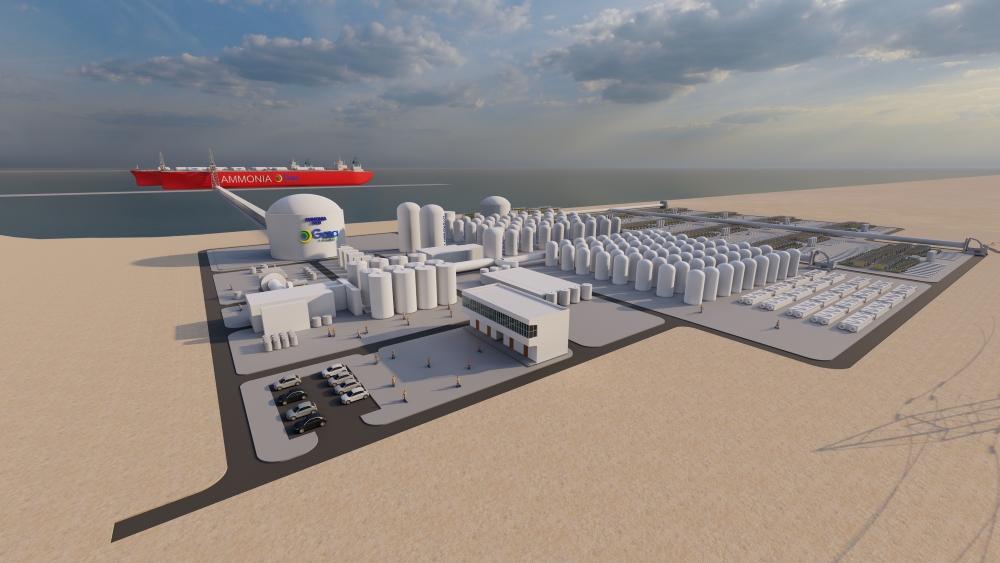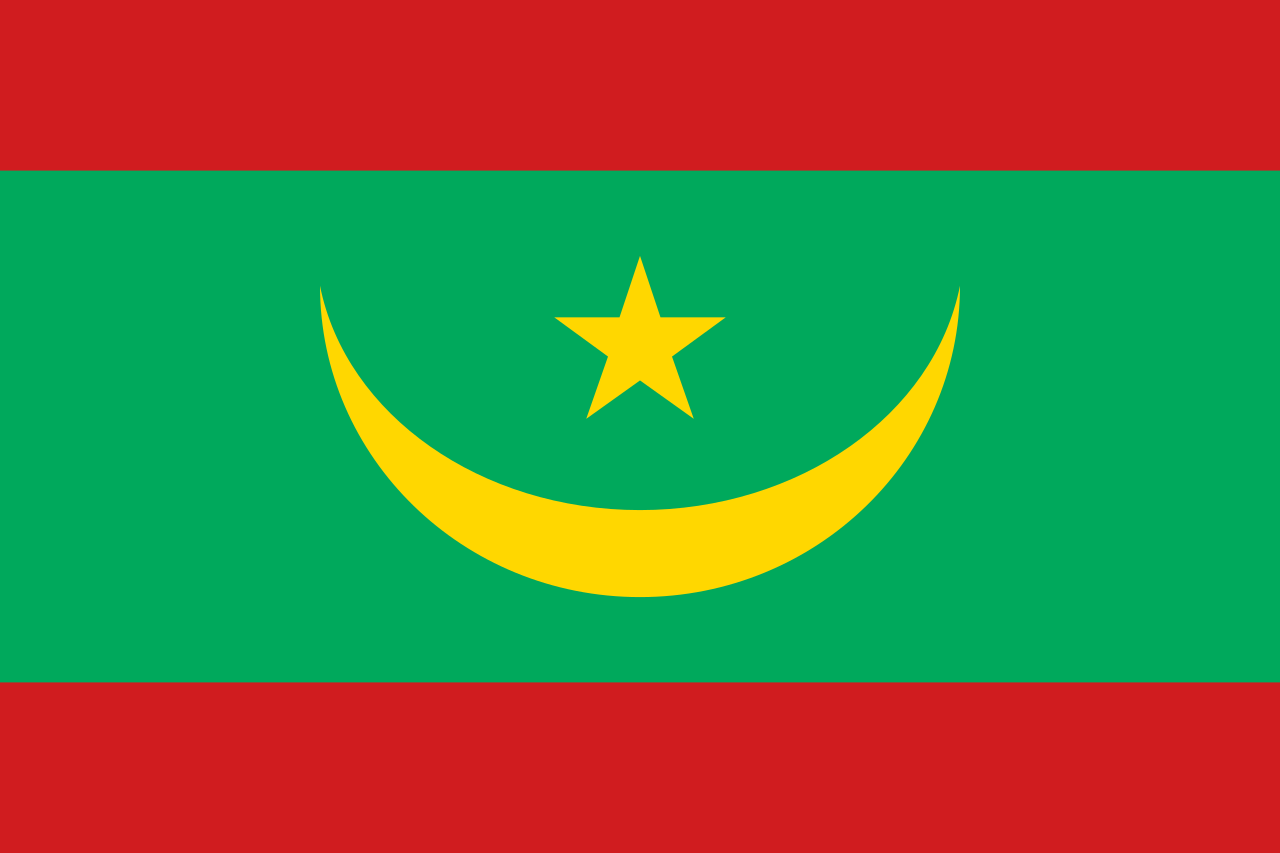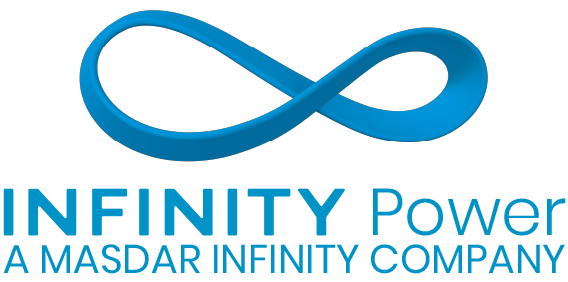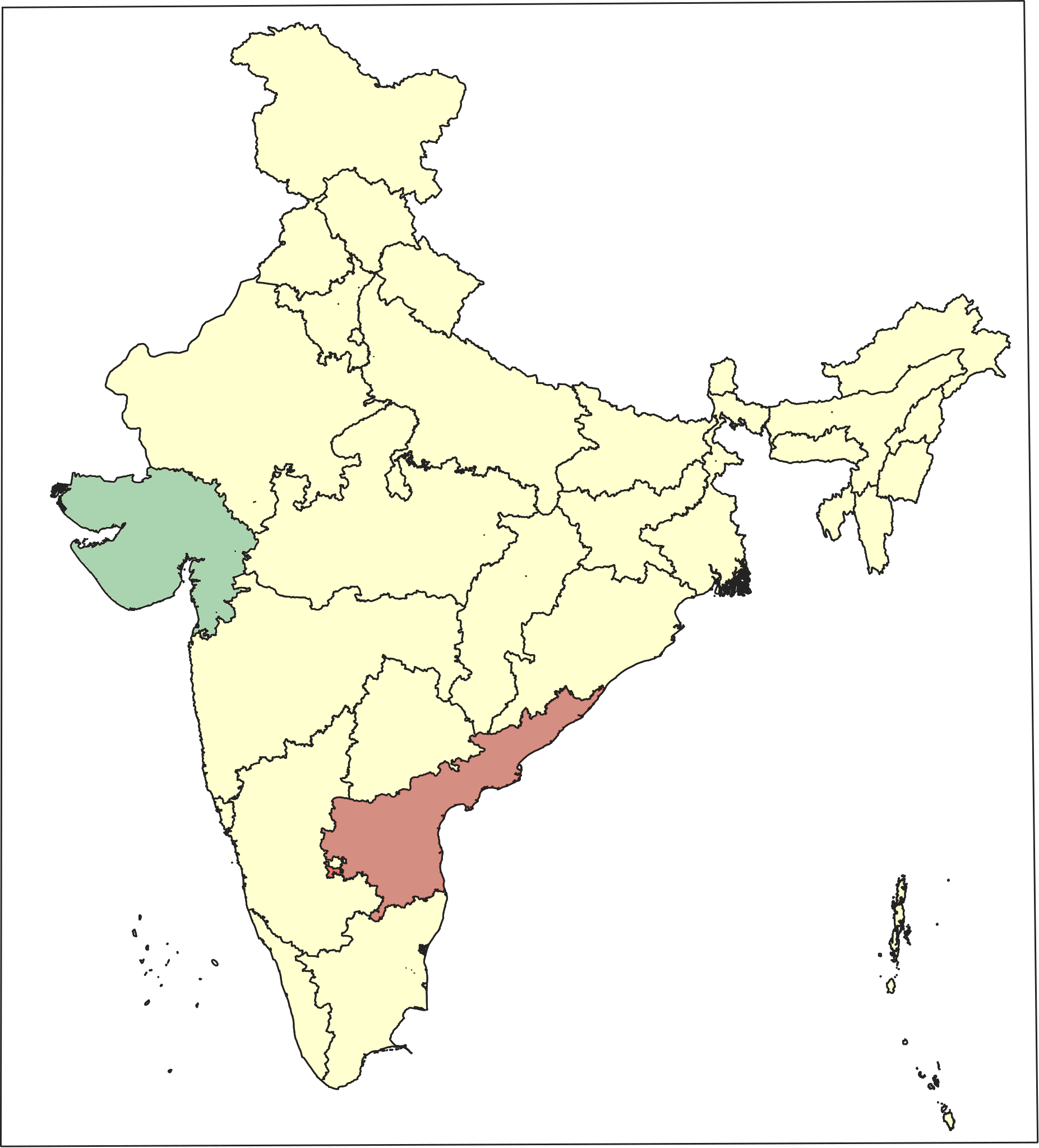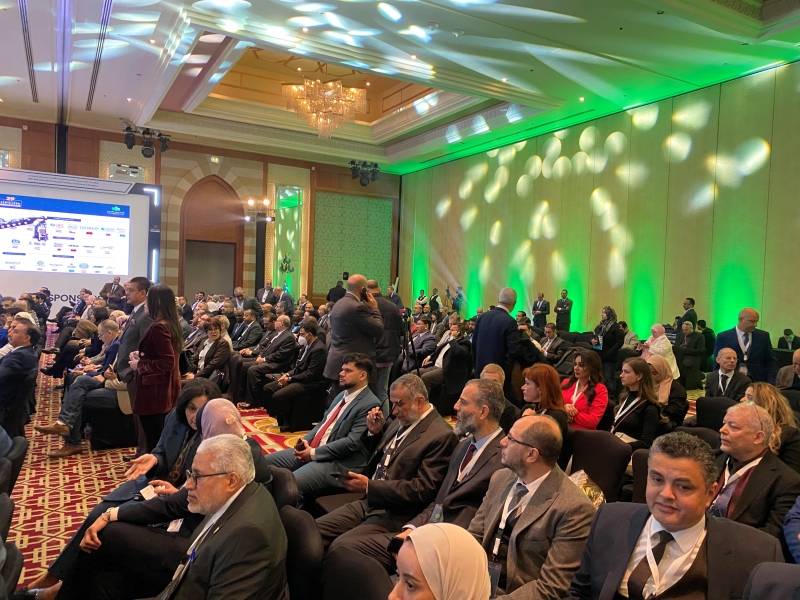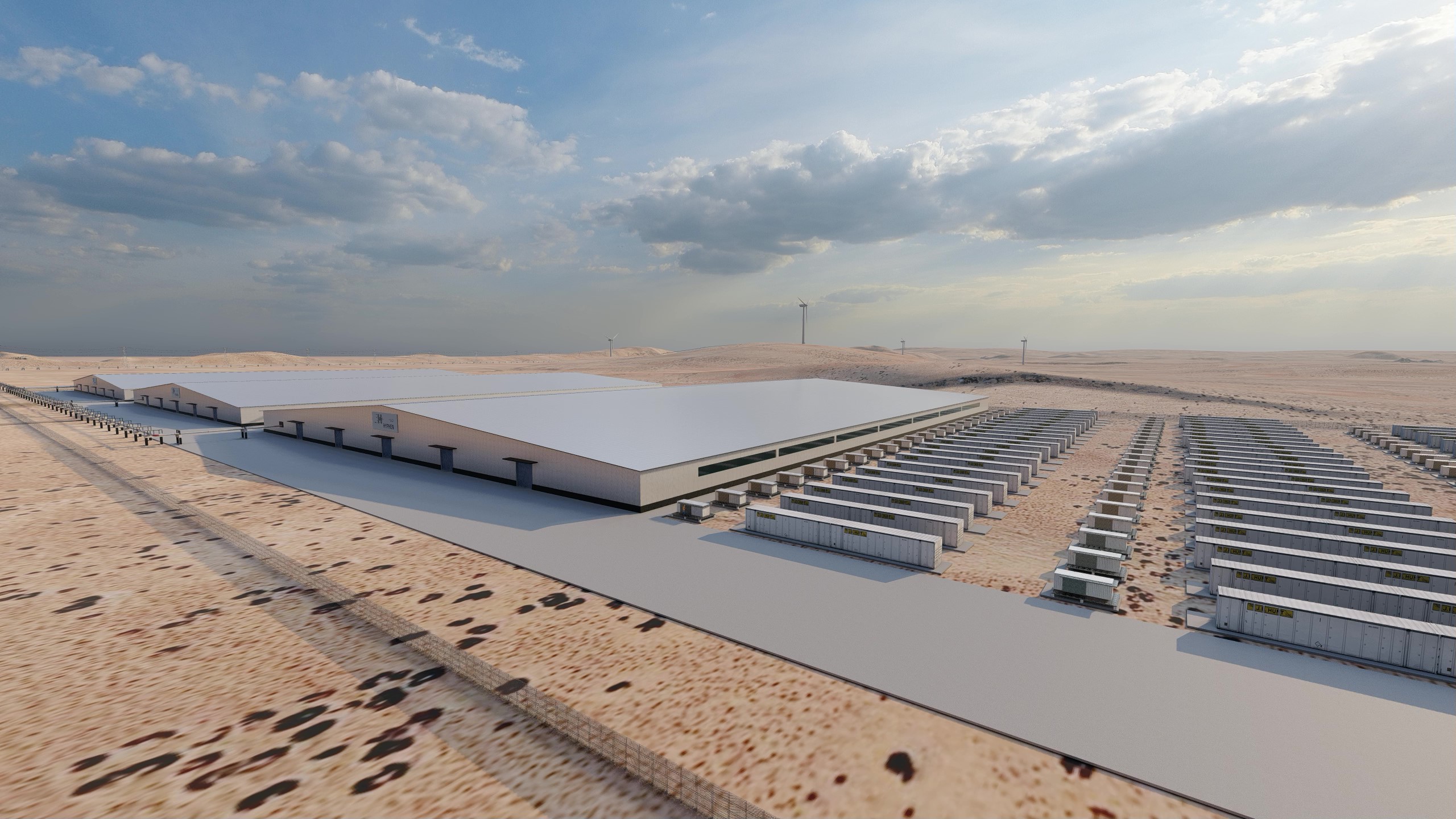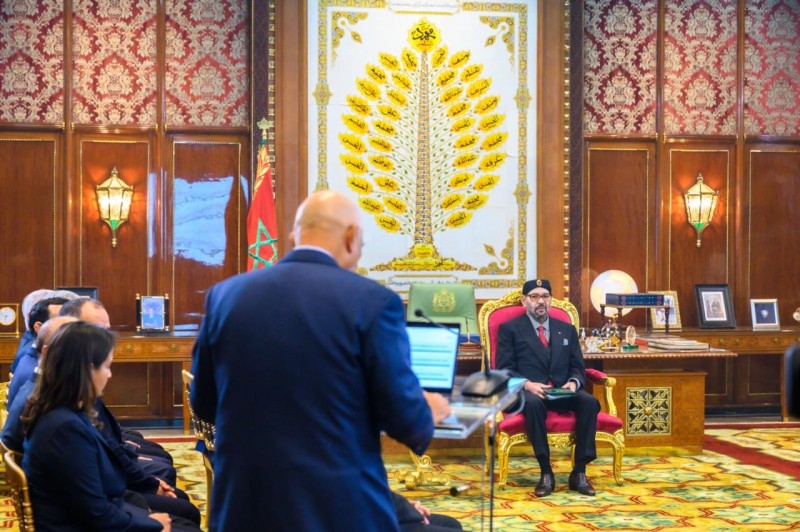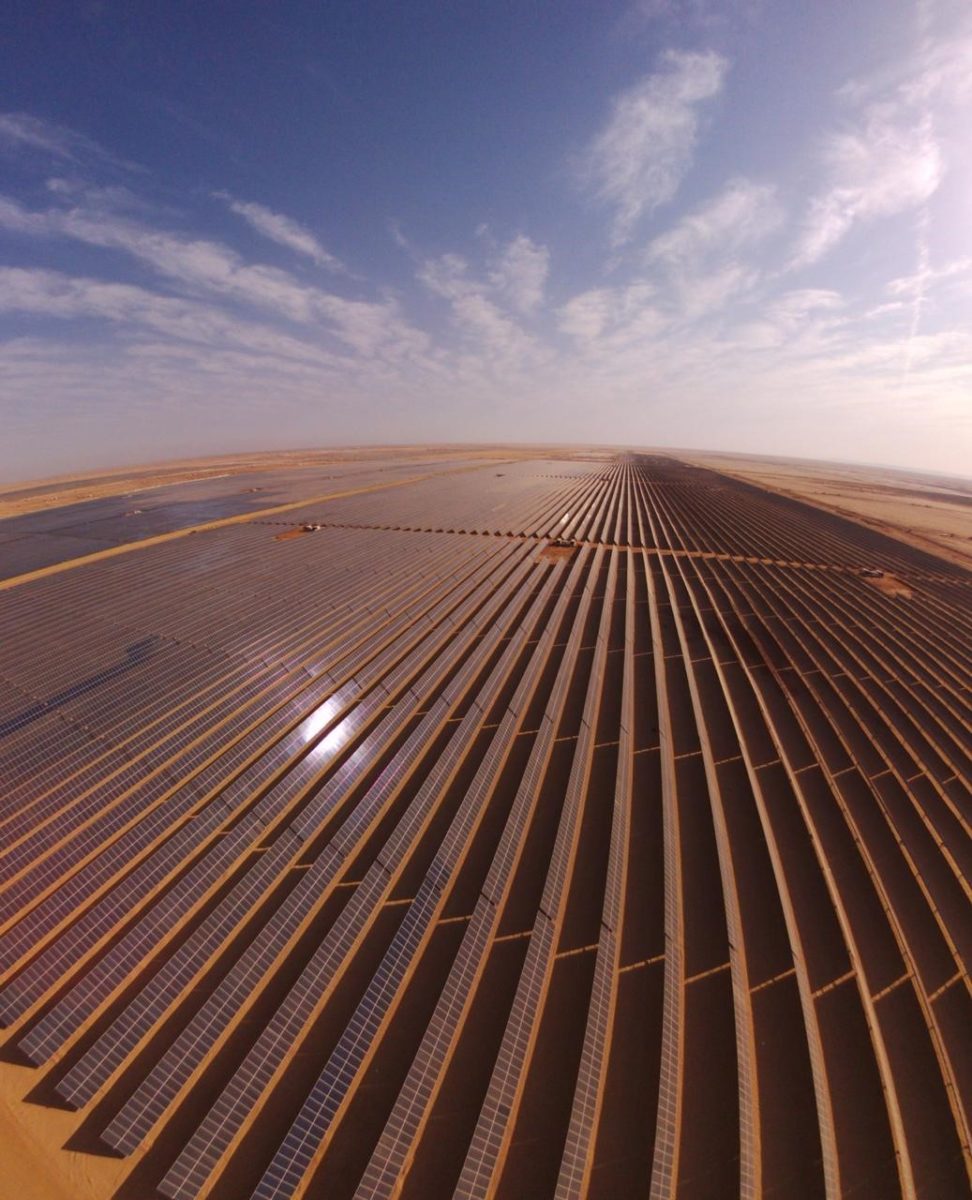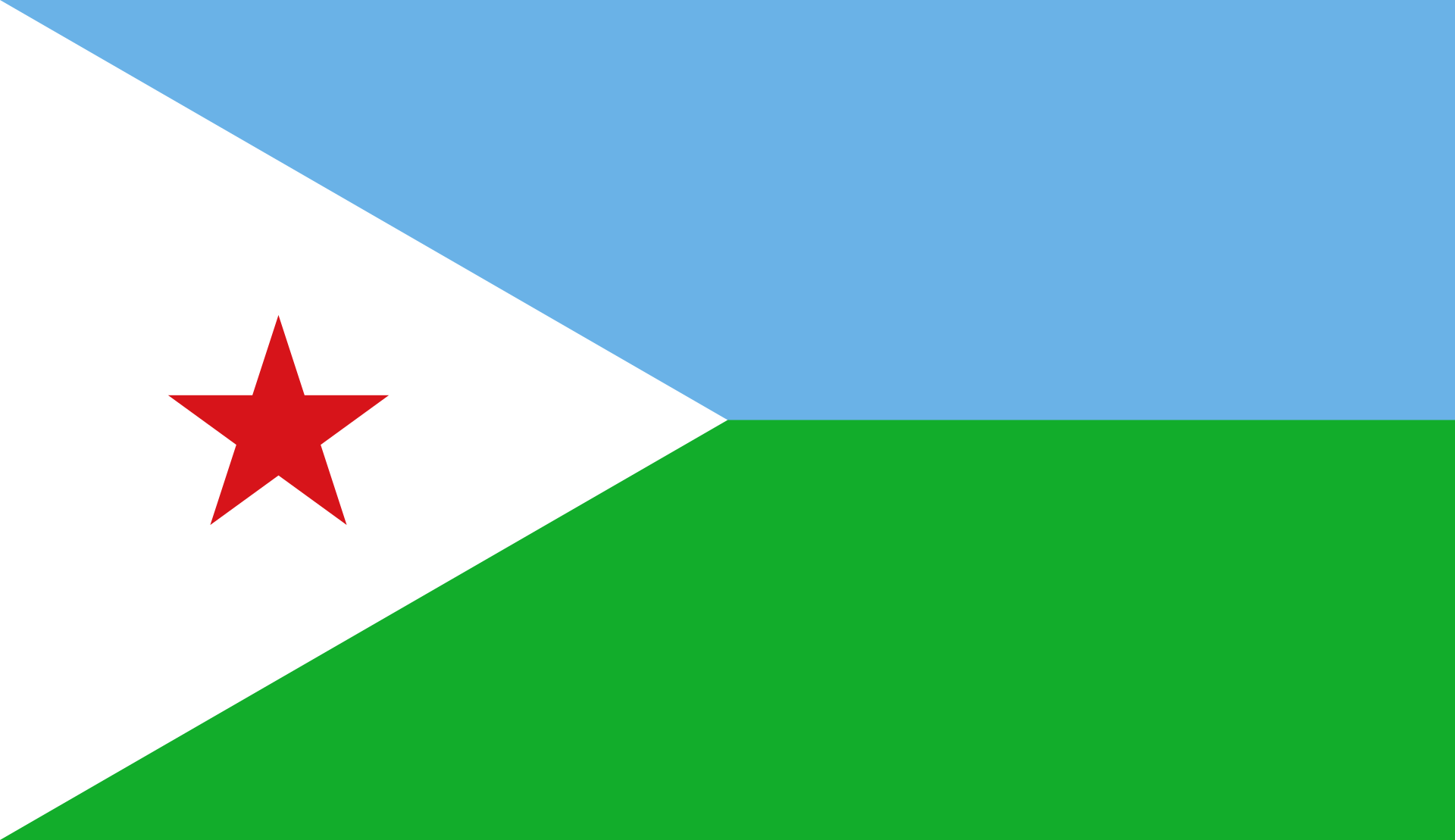China Energy: foreign investments in ammonia
State-owned enterprise China Energy has announced new ammonia initiatives in three countries, with a reported budget of $20 billion to invest outside China over the next few years. A partnership with Petrobras in Brazil, construction of a new renewable ammonia mega-project in Morocco, and a construction start date for a renewable ammonia plant next to the Suez Canal in Egypt have all been announced in the last few weeks.
